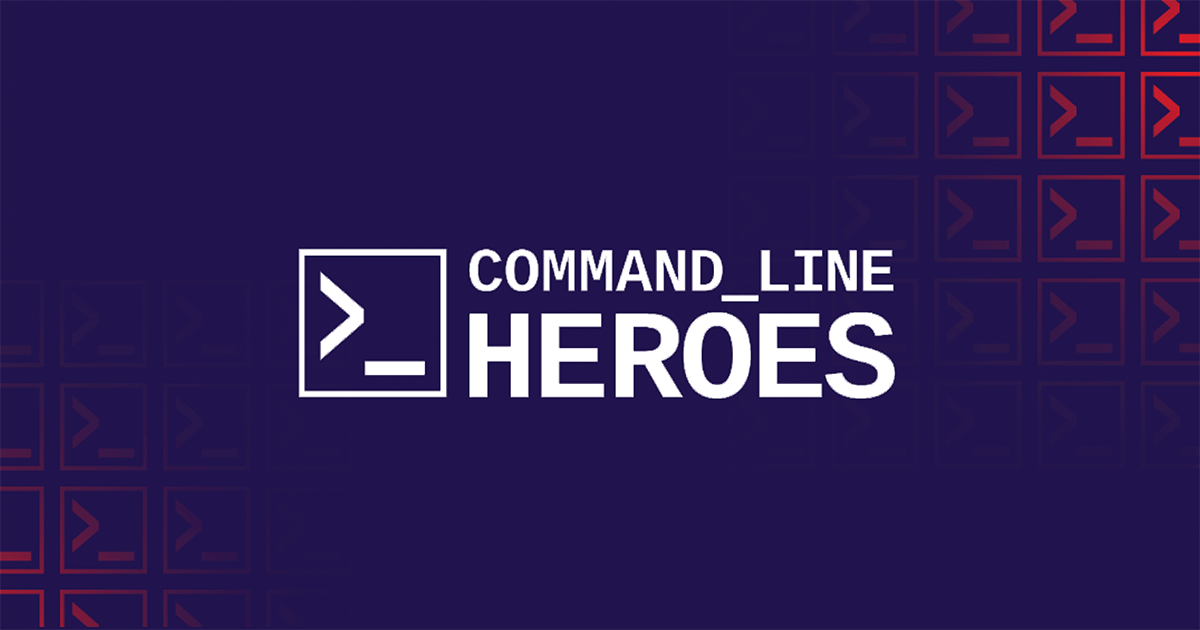
OS Wars_part 2: Rise of Linux
Command Line Heroes • • OS Wars_part 2: Rise of Linux | Command Line Heroes
OS Wars_part 2: Rise of Linux | Command Line Heroes
About the episode
The empire of Microsoft controls 90% of users. Complete standardization of operating systems seems assured. But an unlikely hero arises from amongst the band of open source rebels. Linus Torvalds—meek, bespectacled—releases his Linux® program free of charge. While Microsoft reels and regroups, the battleground shifts from personal computers to the Internet.
Acclaimed tech journalist Steven Vaughan-Nichols is joined by a team of veterans who relive the tech revolution that reimagined our future.
Editor's note: A previous version of this episode featured a short clip with Jon “maddog” Hall. It has been removed at his request.
Subscribe
Subscribe here:
Transcript
About the show
Command Line Heroes
During its run from 2018 to 2022, Command Line Heroes shared the epic true stories of developers, programmers, hackers, geeks, and open source rebels, and how they revolutionized the technology landscape. Relive our journey through tech history, and use #CommandLinePod to share your favorite episodes.



